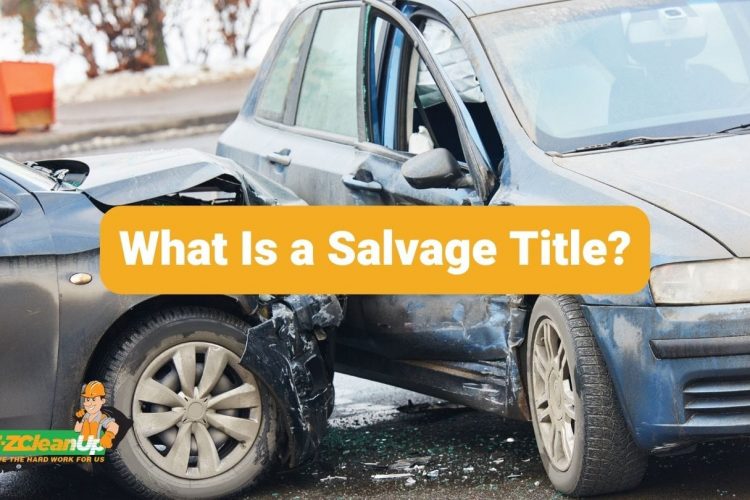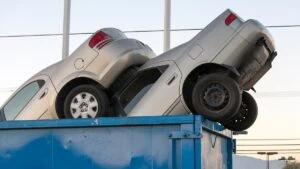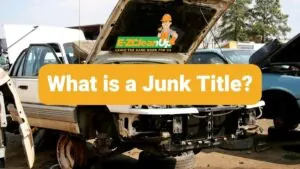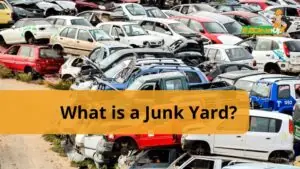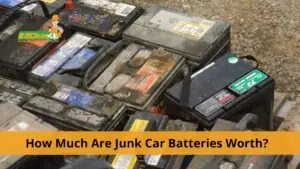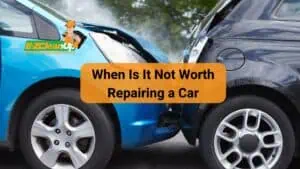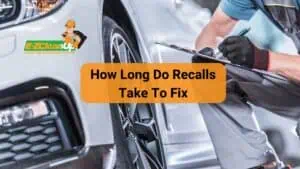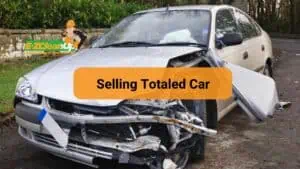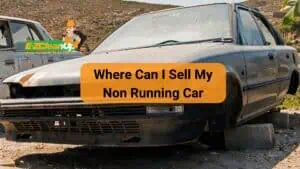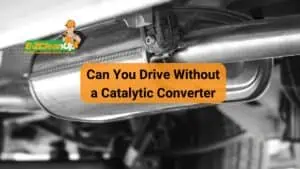You might have heard about cars with “Salvage Titles,” but what does it truly mean? Is it worth your investment, or should you steer clear of these vehicles?
This article delves deep into the world of Salvage Titles, providing you with valuable insights into their implications for you as a potential buyer, seller, or driver. So, buckle up and get ready for an enlightening ride into the world of Salvage Titles!
What are the Criteria for Defining a Car as a Salvage Title?
A car is usually assigned a Salvage Title when it’s significantly damaged and considered a total loss by an insurance company. This often occurs when the repair costs surpass 75% of the vehicle’s current market value, although this percentage can vary depending on state laws.
Factors leading to a Salvage Title include severe accidents, flooding, fire damage, or sometimes even theft when the vehicle is recovered after the insurance payout. The criteria vary among states, but the common thread is substantial damage or a situation making the vehicle deemed unsafe or impractical to repair.
Can You Sell a Salvage Title Car?
Absolutely! Selling a Salvage Title car is possible, but it’s essential to keep transparency at the forefront. The seller must disclose the vehicle’s status to prospective buyers. It’s worth noting that selling a Salvage Title car might fetch you a lower price compared to cars with clean titles. If you are located in Philadelphia, EZ CleanUp’s Cash for Junk Cars Philadelphia service is a convenient option to dispose of such vehicles for a fair price.
Can a Salvage Title Car Return to the Road?
A Salvage Title car can return to the road, but just like with junk titled cars, it involves a thorough process. Firstly, the car must undergo significant repairs to restore it to a roadworthy condition. Post repairs, the vehicle must pass a rigorous state-sanctioned inspection. On passing, the car gets assigned a “Rebuilt” or “Revived” title, permitting it to be legally driven on public roads again.
Is it Worth Buying a Salvage Title Vehicle?
Buying a Salvage Title vehicle can be a gamble. It comes with potential advantages, like a lower purchase price, but also bears significant risks. The vehicle could have hidden damages that may lead to costly repairs in the future. Moreover, the car’s resale value will be compromised due to the Salvage Title.
However, if you’re looking for a cheap vehicle and willing to invest time and money in repairs, a Salvage Title car might fit your needs.
What Precautions Should Be Taken When Purchasing a Salvage Title?
When buying a Salvage Title car, it’s crucial to take several steps to safeguard your investment:
- Inspect the car thoroughly, preferably with a trusted mechanic.
- Research the vehicle’s history to understand the damage extent.
- Ensure the car can be insured and registered.
Understanding the difference between a Salvage Title and a Junk Title is also crucial before making a decision!
Can a Salvage Title Car Be Insured?
Insuring a Salvage Title car can be challenging. Many insurance companies might hesitate to offer full coverage due to the potential hidden damages. However, most insurers provide liability coverage, ensuring that damages to other vehicles or properties in an accident are covered.
How Much Can You Get for a Salvage Title Car?
The value of a Salvage Title car significantly decreases due to its history. However, the exact amount depends on various factors like the extent of damage, age, make, model, and market demand. Often, you might fetch somewhere between 20% to 40% of the car’s value pre-damage.
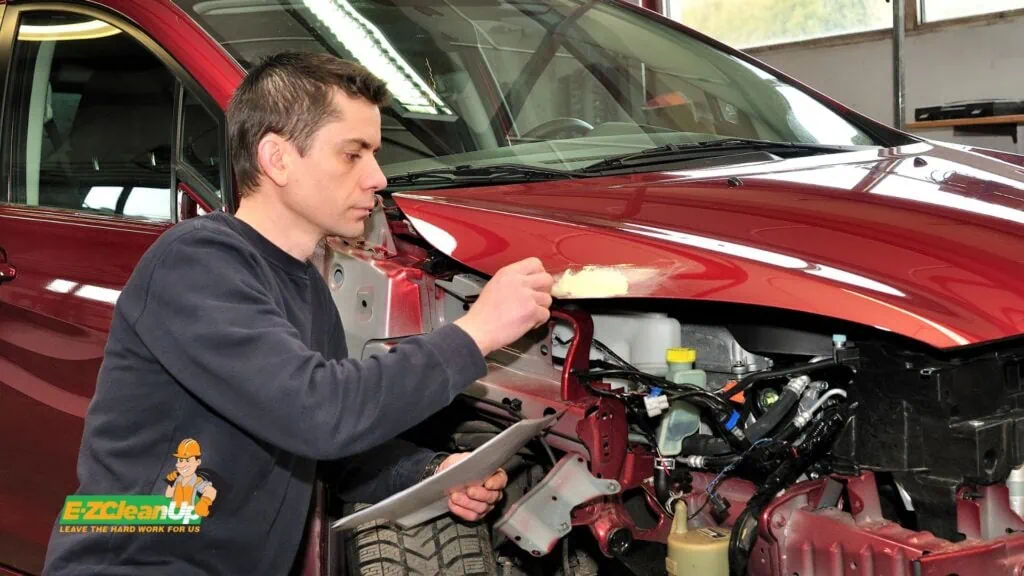
Can Other Types of Vehicles Get a Salvage Title?
Yes, any vehicle, including trucks, motorcycles, RVs, and even boats, can receive a Salvage Title following significant damage. If you have a damaged truck, EZ CleanUp offers Cash for Junk Trucks, simplifying the process of selling your damaged vehicle.
Conclusion
Navigating the world of Salvage Titles can be complex, but armed with the right knowledge, it becomes less daunting. While Salvage Title vehicles present potential opportunities, they also carry risks that any potential buyer or seller should understand. If you’re considering purchasing a salvage vehicle, remember to conduct proper checks, consider insurance implications, and weigh the potential repair costs.
On the other hand, if you’re debating when it’s time to bid farewell to your damaged vehicle, check out our article on when it’s time to junk your car.
EZ CleanUp is always here to make the process of handling damaged vehicles in Philadelphia easier, offering you value and peace of mind.

